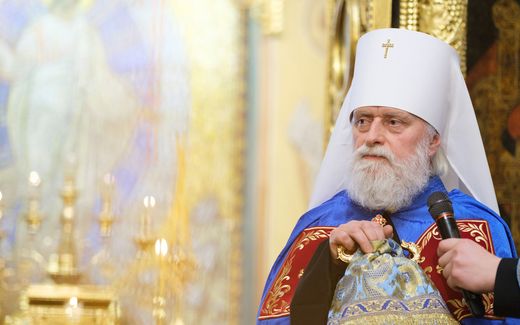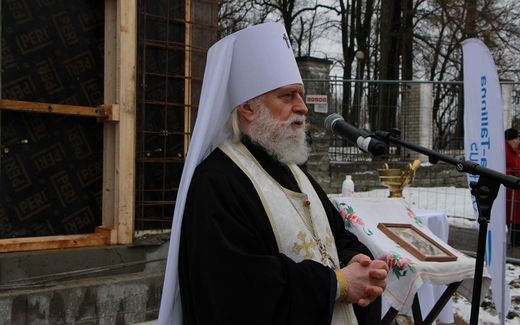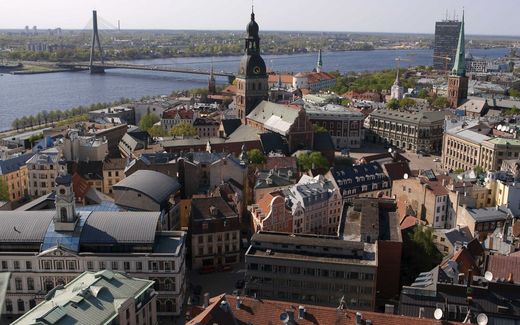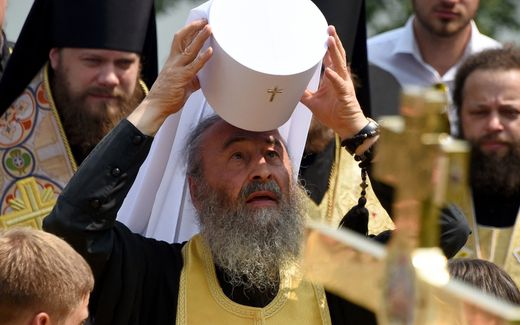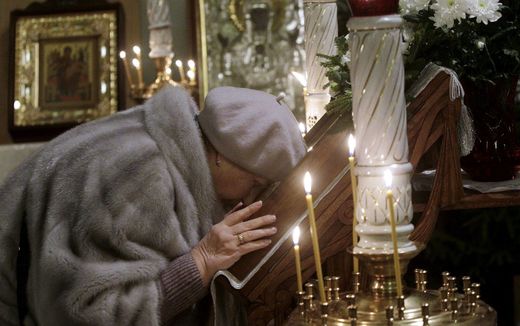How the Russian Orthodox Church will lose its parishes in Estonia
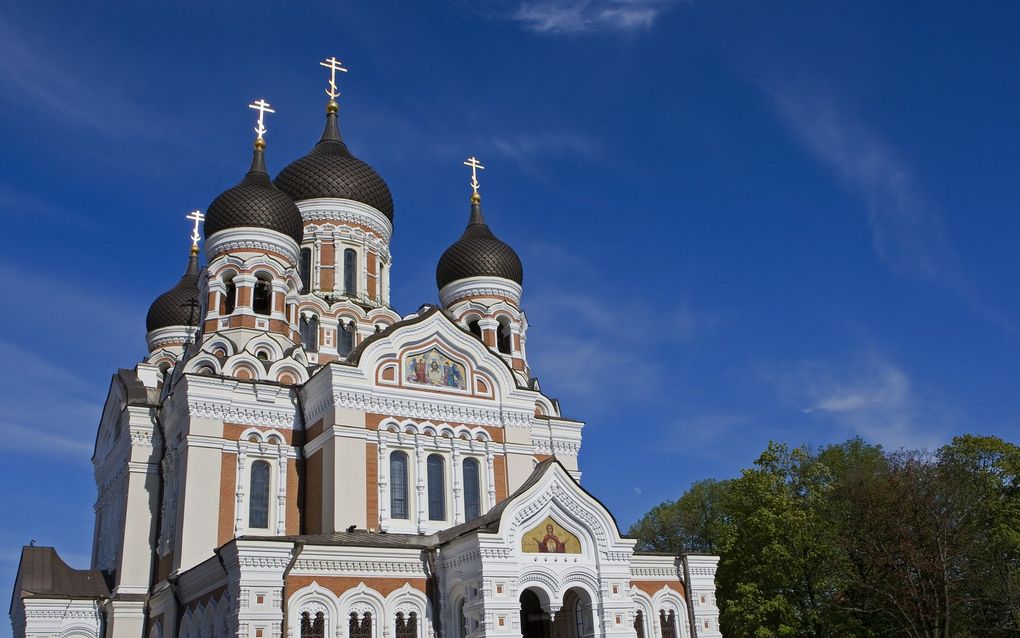
The Cathedral of St. Alexander Nevsky in Talinn. It falls under the authority of the Russian Orthodox Church. Photo ANP, Lex van Lieshout
Eastern Europe
Since the invasion of Ukraine, many Orthodox churches all over Europe have found themselves in a precarious position. Many parishes officially fall under the Moscow Patriarchate and Patriarch Kirill who fervently supports the invasion. And it is hard to severe those ties. Yet, the Russian Orthodox Church in Estonia is going to.
The Estonian authorities and the leadership of the Estonian Orthodox Church of the Moscow Patriarchate (MPEÕK) have agreed on a plan to definitively break free from the Russian relationship, Novaya Gazeta writes. Recently, they published a roadmap about how they are going to achieve their goal. The Estonian Interior Minister, Raivo Küüt, said that the state “must protect the population of Estonia from the effects of a hostile regime”, as reported by Orthodox Times.
At the same time, Küüt promises that religious freedom will be upheld at all times during the process. Churches are allowed to continue their worship services and won't be closed, he assured believers.
Status
The process of separation from the Russian Orthodox Church consists of several phases, the plan reads. First, the EOC will alter its statutes and remove references to the Moscow Patriarchate and its head. The Church has also sent a request to the Moscow Patriarchate to abolish the status of the Cathedral of St. Alexander Nevsky, which makes the building subordinate to the Synod of the Patriarchate.
After that, the Interior Minister will look at the amendments to the statutes, and the Church will present a timetable for implementation. This is scheduled to take place at the end of August.
Approach
In a later phase, the Estonian Orthodox Church wants to meet with the other major Orthodox Church in Estonia to discuss the possibilities for cooperation. These talks could start as early as in the fall, News.err writes.
The Estonian Apostolic Orthodox Church (EAÕK) is part of the Constantinople Patriarchate and has thus far operated completely separate from the EOC.
Now, both denominations show a willingness to approach each other. “They are Orthodox within another structure, but Orthodoxy is what we have in common”, bishop Daniel from the MPEÕK said. Metropolitan Stephanos from the EAÕK added that his church is open to finding the best solution that works for both parties. Interior Minister Küüt would be happy if the churches found a way to work together. “We hope that these two Orthodox factions will take the initiative, discuss the matter, and find the best solution”, he said.
Latvia
The developments in the relationship with Moscow do not come out of the blue. The Estonian government has put pressure on the MPEÕK repeatedly to break the ties with Moscow. In October 2022, Metropolitan Yevgeny gave in and released a statement in which he condemned the support of Patriarch Kirill for the war in Ukraine.
Estonia is not the only country that is unhappy with a church that has ties to Russia. In Latvia, the government has attempted to interfere with church matters too by declaring the Russian Orthodox Church in the country independent from Moscow.
However, it is not that easy for Orthodox Churches to severe ties with Russia. In order to change the canonical status of an Orthodox Church, the Mother Church has to agree, and in the case of the Russian Orthodox Church, that may not be likely to happen.
Related Articles


